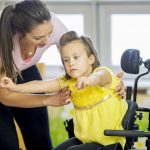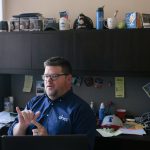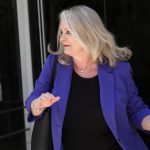Voya Financial, an investment management firm, conducted research into the work experience of employees with disabilities and employees who are caregivers, finding that employers tend to underestimate the scope as well as the direct and indirect costs of disability and caregiving.
Persistent obstacles block people with disabilities from taking advantage of investing and money management services. According to executives with disabilities at financial institutions, barriers include inaccessible websites, minimum investment requirements and customer service representatives unaware of the needs of investors with disabilities.
A yearly homelessness survey conducted by Housing Alliance Delaware found that, while the overall number of homeless Delawareans has decreased for the past several years, the percentage of homeless individuals reporting a disability or mental health condition has increased.
The U.S. Justice Department has decided that a federal judge should take up a lawsuit against the state of Mississippi alleging the state is not providing sufficient community-based alternatives to mental hospitals. This legal case turns on the landmark 1999 Olmstead Supreme Court decision, which held that unnecessary confinement in institutions violates the Americans with Disabilities Act.
The United States Olympic Committee voted to change its name to the United States Olympic and Paralympic Committee. Paralympic athletes expressed gratitude for the change – which was spearheaded by Olympics executives, not Paralympians – as a recognition of equality between athletes with disabilities and their peers without disabilities.





